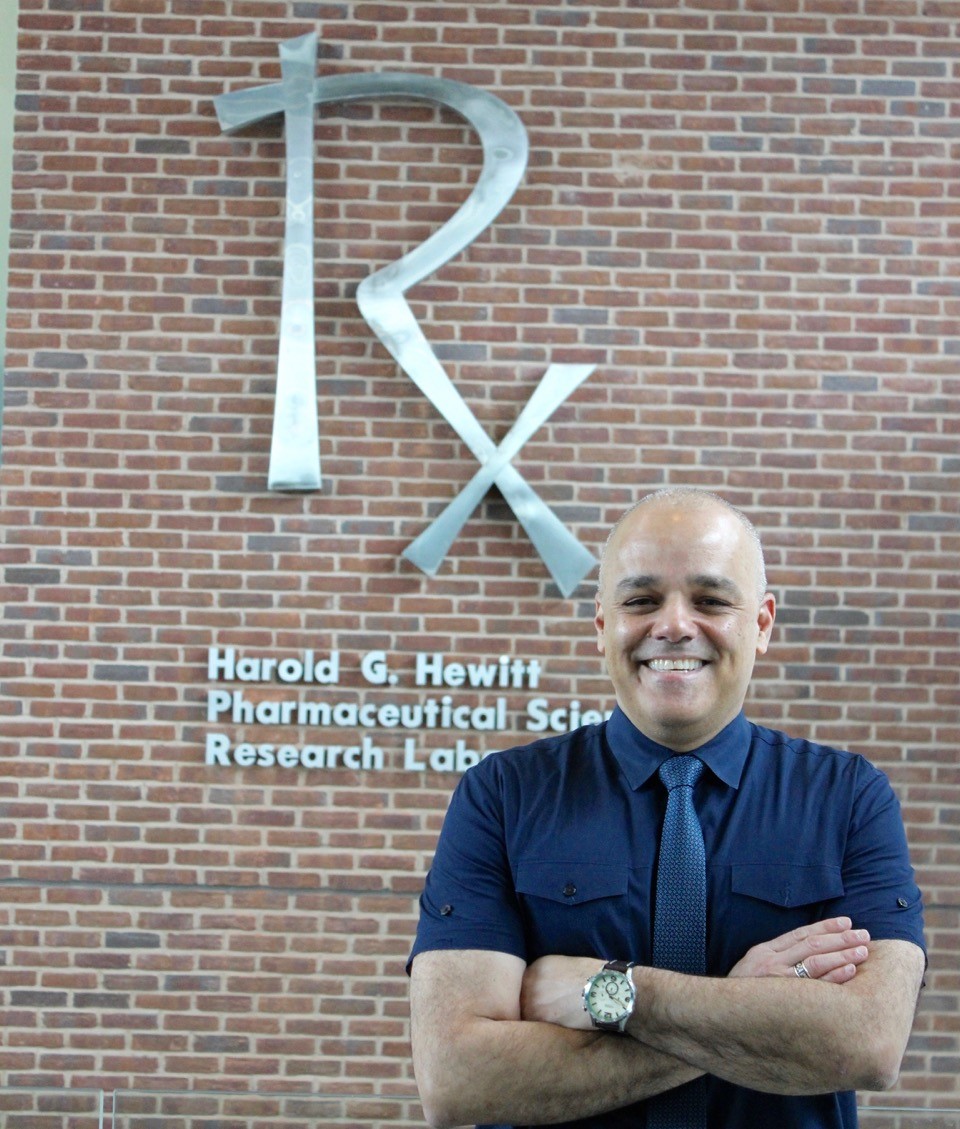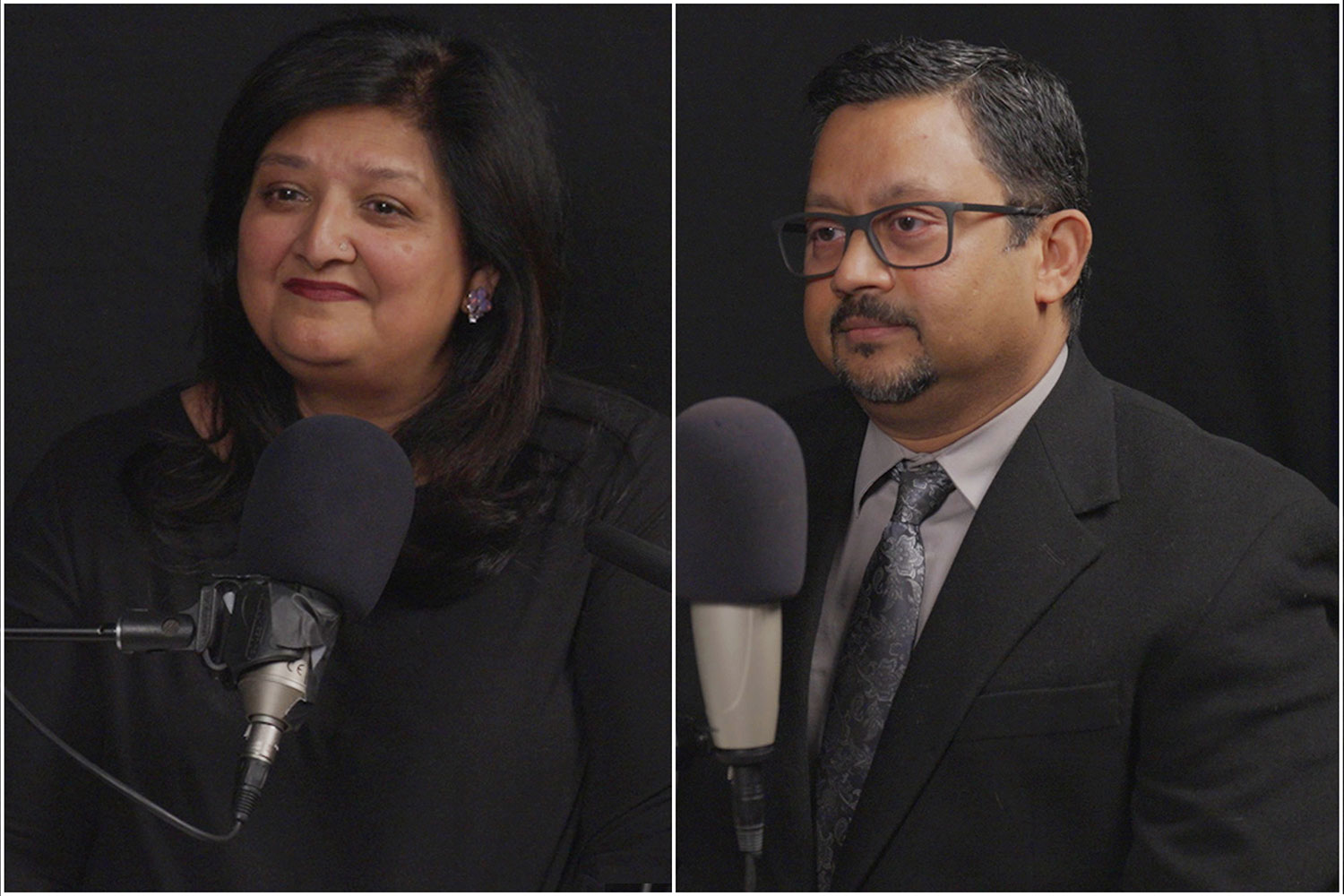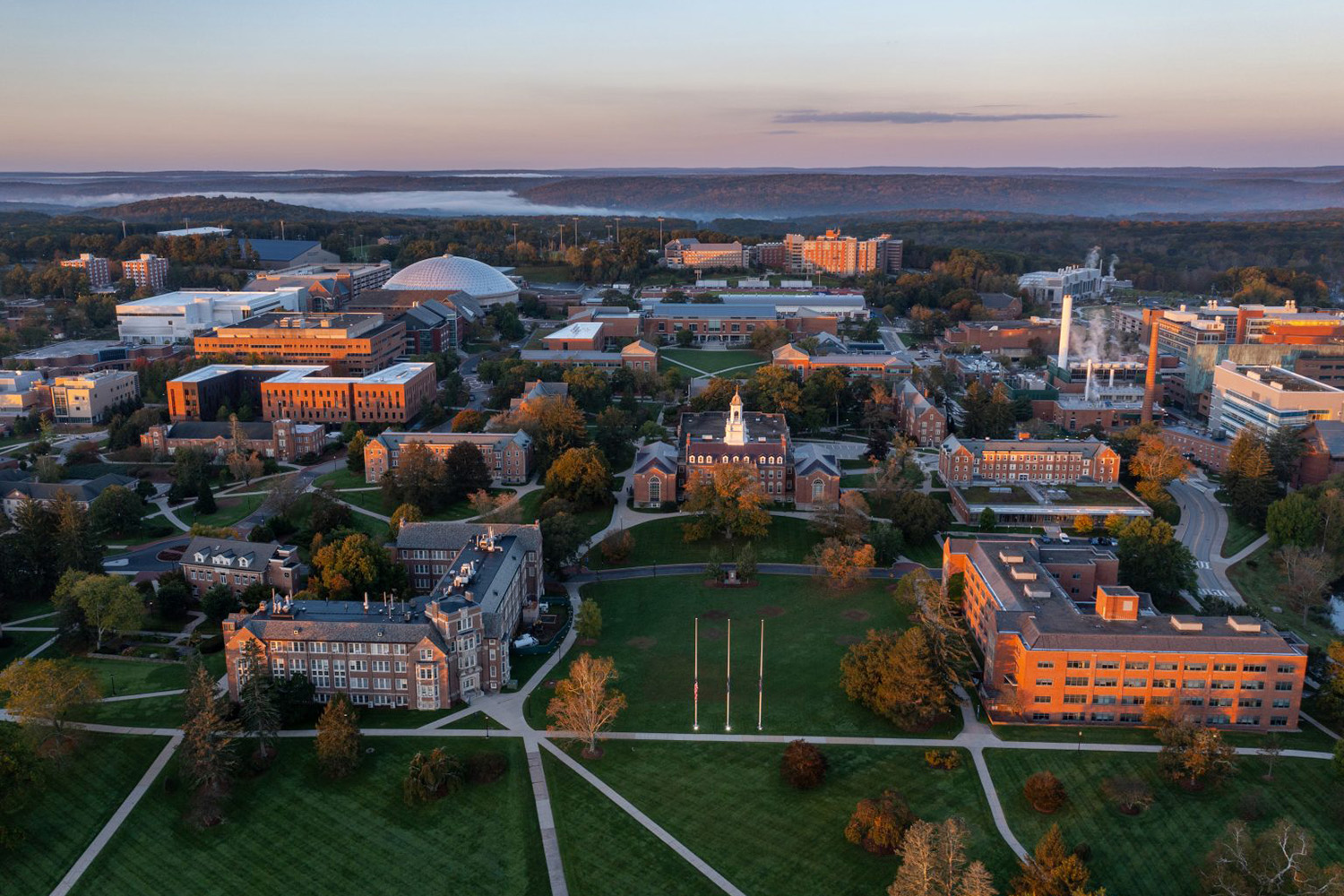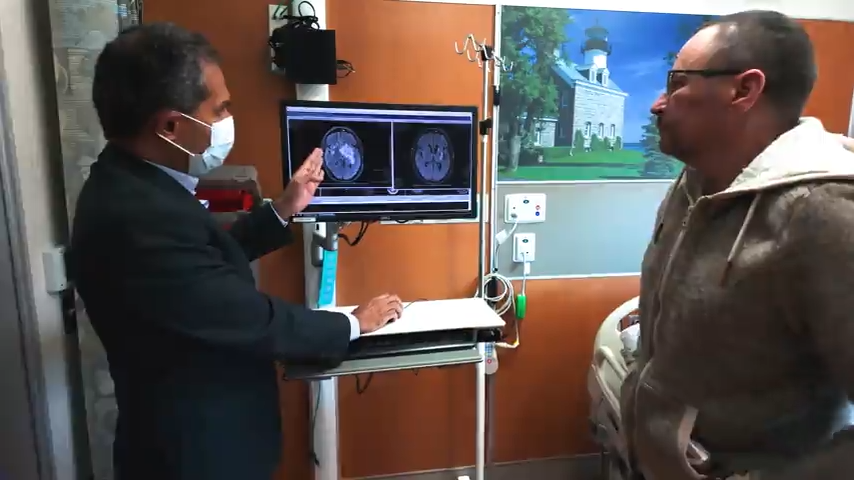José Manautou, Professor of Toxicology and Interim Head of the Department of Pharmaceutical Sciences, has been selected to serve on the National Advisory Environmental Health Sciences Council (NAEHSC), part of the National Institute of Environmental Health Sciences (NIEHS). The NIEHS is one of 27 research institutions and centers that comprise the National Institutes of Health (NIH).
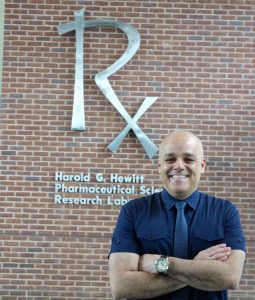
In speaking of his appointment to this prestigious council, Manautou says, “When I was asked to join the Environmental Health Sciences Council, I was truly overwhelmed. It is a rare opportunity to make a difference at the highest levels of research affecting environmental health. This is an opportunity you don’t say ‘no’ to, and I am honored to serve.”
The NAEHSC is a Congressionally mandated council that advises the Secretary of Health and Human Services, the director of the NIH, and the director of the NIEHS on matters directly related to the direction of scientific research in this Country. An important function of the council is secondary review of research grant applications with a focus on NIEHS scientific program priorities and program balance.
Up to 18 committee members are chosen from leaders in basic sciences, medicine, education, and public affairs. Manautou, a world-renowned expert in acetaminophen hepatotoxicity, most recently served on the Board of Scientific Counselors within the NIEHS. This is an external peer review committee that evaluates Division of Intramural (DIR) scientists on the significance and progress of their research, and its continued relevance to the overall NIEHS mission.
Gwen W. Collman, Ph.D., Director of the Division of Extramural Research and Training at the NIEHS says, “Dr. Manautou was chosen to serve on the National Advisory Environmental Health Sciences Council because of his outstanding reputation as a toxicologist with broad and far reaching knowledge of contemporary areas in environmental health research and training.
“We appreciate his service to the NIH community as a study section reviewer, past member of the NIEHS Board of Scientific Counselors, and to the Society of Toxicology, in many roles. Dr. Manautou is an active member of our Council and we welcome his input on the many issues facing the NIEHS that are discussed at each meeting.”
Manautou’s interest in science began at an early age in his native Puerto Rico where, he says, “I started exploring in my mother’s kitchen, mixing up various condiments with water and oil to see what would happen. Little did I know that I was learning how to formulate emulsions – a traditional pharmaceutical compounding technique.”
In a stroke of parenting genius, his father embraced his son’s curiosity and bought him a microscope so that he could further explore his surroundings. It was at that point that the world gained a future environmental scientist.
Manautou, who received his undergraduate degree in pharmacy from the University of Puerto Rico and his Ph.D. in pharmacology and toxicology from Purdue University, came to UConn as a post-doctoral researcher in 1992, working with pioneering toxicologist Professor Emeritus Steven Cohen. He was named a tenure track assistant professor in Toxicology in 1995, and received tenure and promotion to associate professor in 2001. He is currently serving as interim head of the Department of Pharmaceutical Sciences.
Manautou acknowledges that most post-docs eventually move on from the institutions where they begin their research careers, but, he says, “UConn proved to be a great fit.”
James Halpert, Dean of the University of Connecticut’s School of Pharmacy, agrees with that assessment, saying “José has a distinctive blend of compassion and high professional standards. He’s a favorite among the students, has a distinguished research career, and has shown he has superior administrative skills, as well. He has a rare talent for being both empathetic and intellectually demanding at the same time.
“His colleagues here [in the School of Pharmacy] are proud of his accomplishments and his appointment to the Environmental Health Sciences Council and honored but not surprised that José was chosen.”
